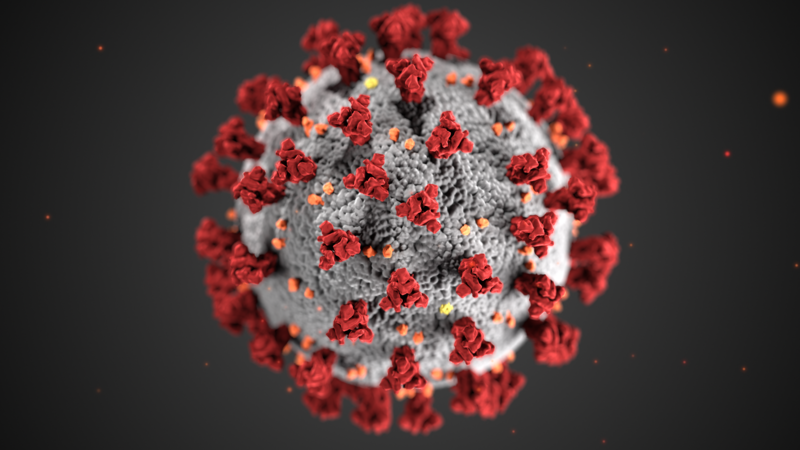In 2019, a new strain of SARS-coV-2 took the world by storm, sending millions of people into quarantine. While the past few years have seen the virus’s spread ultimately be controlled, the people continue to be infected today—I know this personally as last month I got COVID. Luckily my COVID was very mild, but for many people, the same can’t be said. Unfortunately, in addition to the terrible symptoms that one might have during their Illness, recent research has found that severe COVID-19 could cause long-term immune system changes.
This recent research found that severe COVID-19 causes long-term effects on specific cells responsible for our immune system. They found that a chemical, IL-6, changes how genes are expressed and impacts how cells work as a result. The cells called hematopoietic stem and progenitor cells (HSPC), undergo lasting changes in their characteristics and how their genes are regulated (epigenetic programs). These changes persist for months to a year and result in altered activities of transcription factors (proteins that control gene expression), modifications in how inflammation is regulated, and increased production of certain immune cells (myelopoiesis). The altered HSPC makes so many changes because HSPC, or stem cells, are the only type of cell that can differentiate or repair specialized types of cells.
This research is related to AP BIO because the article talks about COVID-19 influences epigenetics (how genes are turned on or off because of environmental factors) and in AP BIO we talked about how proteins are able to be made because of the information on the DNA. In protein synthesis in a cell, the first step is transcription where information on the DNA is transcribed onto mRNA. The mRNA then is sent to the Rough Endoplasmic Reticulum where it is received on the cis face. Then the ribosomes of the rough ER, the protein is synthesized. The type of protein that is synthesized here is determined by the information of the mRNA. Then the protein is sent to the Golgi where, based on the information from the mRNA, molecules are added to the protein to determine its final location.
This AP BIO information relates to the research because the research is about how a chemical changes how DNA is expressed, this information from AP BIO explains why DNA is important.
Wow! That was so interesting! Reading about epigenetics has made me wonder: what other conditions can influence how DNA is expressed?




Leave a Reply